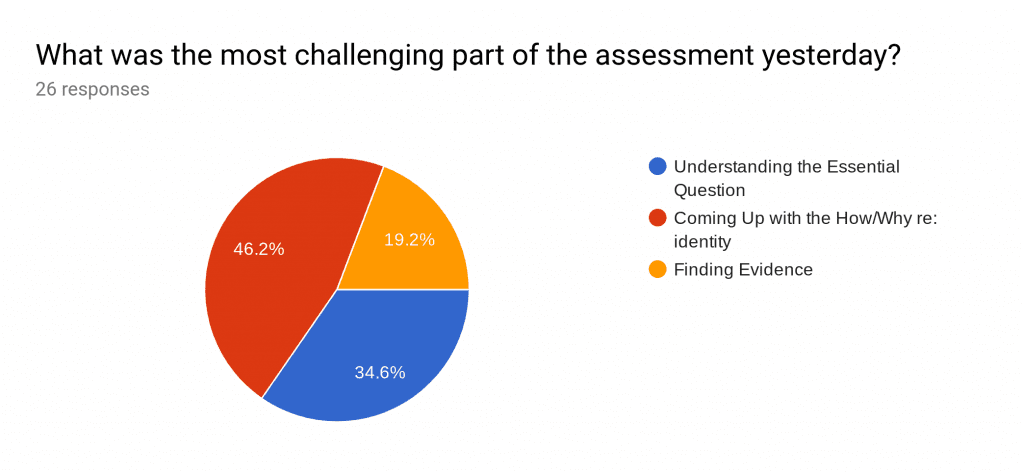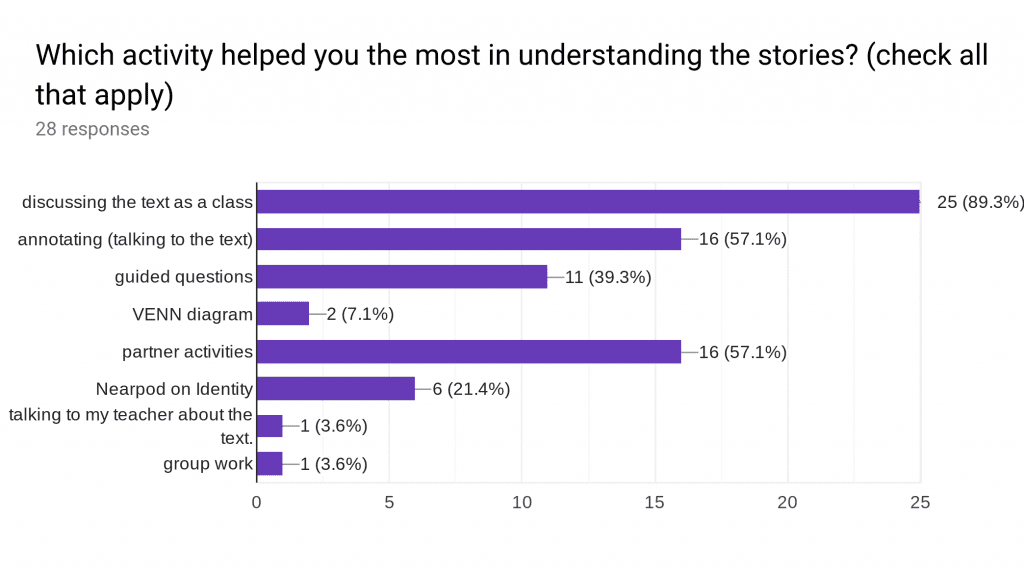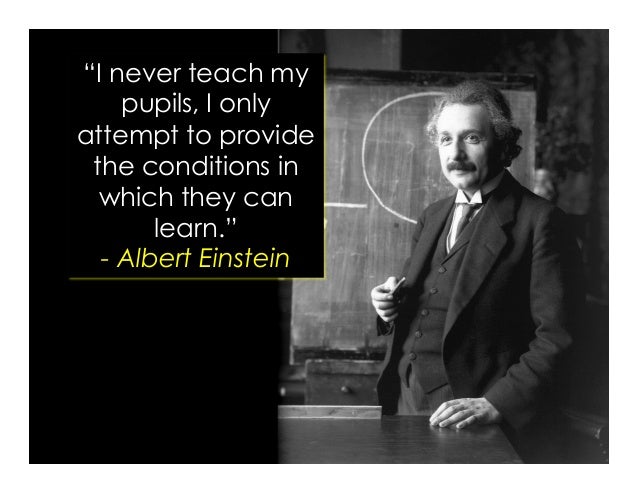Students recently had the pleasure of reading both Sandra Cisneros’ “Only Daughter” and Ken Liu’s “short story “The Paper Menagerie”. While the essential question focused on the theme of identity, students also worked on developing their skills in two essential standards, Words in Context (10.4) and Choosing Evidence (10.1).
I say it often, but as a Language Arts teacher, I take my responsibility to help students grow as readers and writers and thinkers very seriously.
I’m so lucky that my discipline allows me to choose texts which can impact students on an emotional level as well – to grow as human beings capable of reflection and empathy.
As a graduate of Wayne State University‘s Education Program, reflection is an integral part of my practice as a teacher. Over the years, I have seen the impact reflection has on my students’ growth.

When asking students to reflect on their on-demand writing piece from last week, here is what students (in my 1st hour) had to say:

Today the tenth grade Language Arts team reflected on the prompt posed to students on the theme of identity. We conclusively agreed that despite how well students may have understood the pieces, the question could have been much clearer. The results from the survey support our conclusion. Teachers, like students, are always learning.

Of course, as teachers, we do our best to offer students multiple modes to interact with the content.
Here’s what students (in my 3rd hour) said helped them the most:

Lastly, I asked students what the most important lesson they learned during this unit – and many asked me to clarify:
- Did I mean from the story?
- Did I mean as a student?
And that’s the thing – it’s one thing for teachers to guide students’ thinking, but it’s an entirely different thing to offer students the opportunity to make the learning theirs.
Here are some of my students’ responses:
- “From holding onto the people you love, cherishing moments, understanding your identity, and staying connected with family, the most important lesson to me was understanding my identity and what built it.”
- “The most important thing I learned was the life decisions you make are the things that affects your future.”
- “This unit helped me to learn the importance of annotation, connecting and reflecting to everything, even if it seems obvious or if I already know the meaning. This would help me have more details and things to work with for questions and discussion.”
- “The most important lesson I learned from this unit is how to analyze a story and find evidence that is strong enough to support a claim. Doing this helped us better understand what we were reading and how to find meaning behind the author’s word choice and the way he chose to write the story. From the story, I learned to cherish the time I have with my family and to be more understanding. In the end, they are all we will have and we should treat them with respect and kindness.”
- “Your culture will always be a part of you, how much it affects your daily life depends on you.”
“The most important lesson I learned from this unit was that experiences will always shape our lives and identities- whether we take those experiences and make them into something positive (like Sandra with her writing) or negative (like Jack with disconnecting from his mother) is up to us.”
As you know, card-marking period #1 ended on Friday, and students are obsessed with what grade they earned. Despite repeated reassurance that CMP is simply a progress report, students are worried about how Standard-Based Grading is “making them have a bad grade” in English.
But that’s the thing… from an academic perspective, we have a ways to go to demonstrate mastery – which is a GOOD thing. Every journey, I repeat, EVERY journey, deals with learning from failure, and continuing to make progress. PERIOD.
Only a handful of students answered the question regarding their goal for CMP2 “correctly” – Let me first start off by stating that if your GOAL is to get an A then you are approaching the whole learning thing WRONG – and that’s a problem.
Great news – problems are meant to be solved. I have previously blogged about the secret to being a successful student – and the thing is, it’s not really a secret. BE MORE ENGAGED; BE WILLING TO WORK HARD; ASK FOR FEEDBACK; ADVOCATE FOR YOURSELF! One student wrote, “A goal I have for Card Marking Period #2 is to ask more critical thinking questions when analyzing text/stories, because this permits deeper thinking and a stronger comprehension.” THAT student GETS it!
I LOVE being a teacher and cherish the magic of possibilities we create together in my classroom. Students WANT to be there. Students FEEL like success is within reach. At Open House I shared that I want to EMPOWER my students to become critical readers, writers, and thinkers. It is SO true.

Pragmatically speaking, absolutely, students should learn to demonstrate mastery of essential standards, but more importantly… my hope is that students will learn more about themselves – who they are as human beings, and what is important in helping them grow into the best version of themselves.
Thank you for reading. – Mx. Sabbagh

Be First to Comment